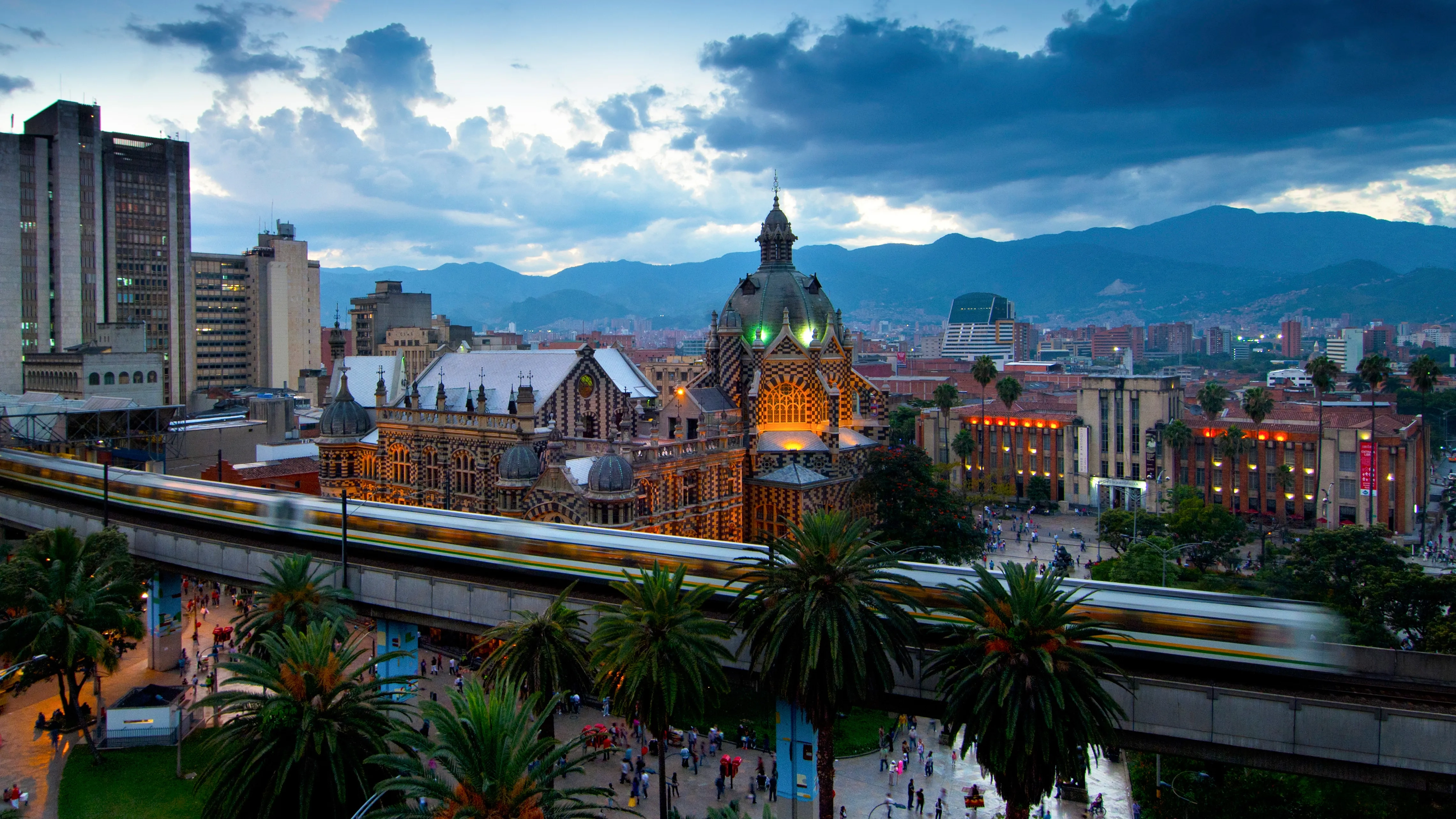1. Software Developer/IT Professional:
Salary: COP 70,000,000 to COP 120,000,000 per year.
2. Engineer (Various Specializations):
Salary: COP 60,000,000 to COP 100,000,000 per year.
3. Medical Doctor:
Salary: COP 80,000,000 to COP 150,000,000 per year.
4. Accountant/Financial Analyst:
Salary: COP 50,000,000 to COP 90,000,000 per year.
5. Marketing Manager:
Salary: COP 70,000,000 to COP 120,000,000 per year.
- Working Week. The standard workweek in Colombia is 48 hours, typically spread over six days (eight hours per day). However, some industries may have different workweek structures.
- Annual Leave. Employees are entitled to 15 calendar days of paid vacation after completing one year of continuous service with the same employer.
- Sick Leave. Sick leave is provided for employees facing illness or injury. The duration and compensation may vary based on the specific circumstances and the length of employment.
- Maternity and Paternity Leave. Female employees are entitled to maternity leave, and male employees may be entitled to paternity leave. The duration and conditions depend on the specific circumstances and employer policies.
- Public Holidays. Colombia observes several public holidays, and employees are generally entitled to these days off with full pay. Some of the major public holidays include New Year's Day, Labor Day, Independence Day, and Christmas.
Minimum Wage: The legal minimum wage in Colombia is COP 965,882 per month.
Average Annual Income: The average annual income in Colombia can range from COP 30 million to COP 60 million or more, depending on the profession and level of experience.
1. Startup Ecosystem:
Colombia has witnessed a growing and vibrant startup ecosystem, particularly in cities like Bogotá, Medellín, and Cali.
2. Government Support:
The Colombian government has implemented policies and programs to foster entrepreneurship. This includes financial support, tax incentives, and streamlined processes for starting and operating businesses.
3. Access to Funding:
Entrepreneurs in Colombia have access to various sources of funding, including venture capital, angel investors, and government grants. Financial institutions and international organizations also contribute to funding opportunities for startups.
4. Technological Innovation:
The country has seen a surge in technological innovation, with startups focusing on areas such as fintech, agtech, healthtech, and education technology. The entrepreneurial landscape is evolving to embrace digital solutions and innovation.
5. Challenges:
Despite the positive trends, entrepreneurs in Colombia face challenges such as bureaucratic hurdles, access to skilled talent, and market competitiveness. Efforts are ongoing to address these challenges and create a more conducive environment for startups.
1. Bogotá: Bogotá is the capital and largest city, serving as the economic and business hub of Colombia. It has a diverse economy, with strengths in finance, services, manufacturing, and technology.
2. Medellín: Medellín is known for its transformation into an innovation hub with a focus on technology, education, and entrepreneurship. The city has invested in infrastructure, public spaces, and cultural amenities, contributing to an improved quality of life.
3. Cali: Cali is a significant economic center, known for its focus on trade, agribusiness, and manufacturing. Its location in the southwest of Colombia makes it a strategic gateway to the Pacific region.
4. Cartagena: Cartagena is a major port city with a strong focus on tourism, trade, and commerce.
5. Barranquilla: Barranquilla is an industrial and commercial center, with strengths in logistics, manufacturing, and trade. Its strategic location on the Caribbean coast and access to ports make it a key player in international trade.






